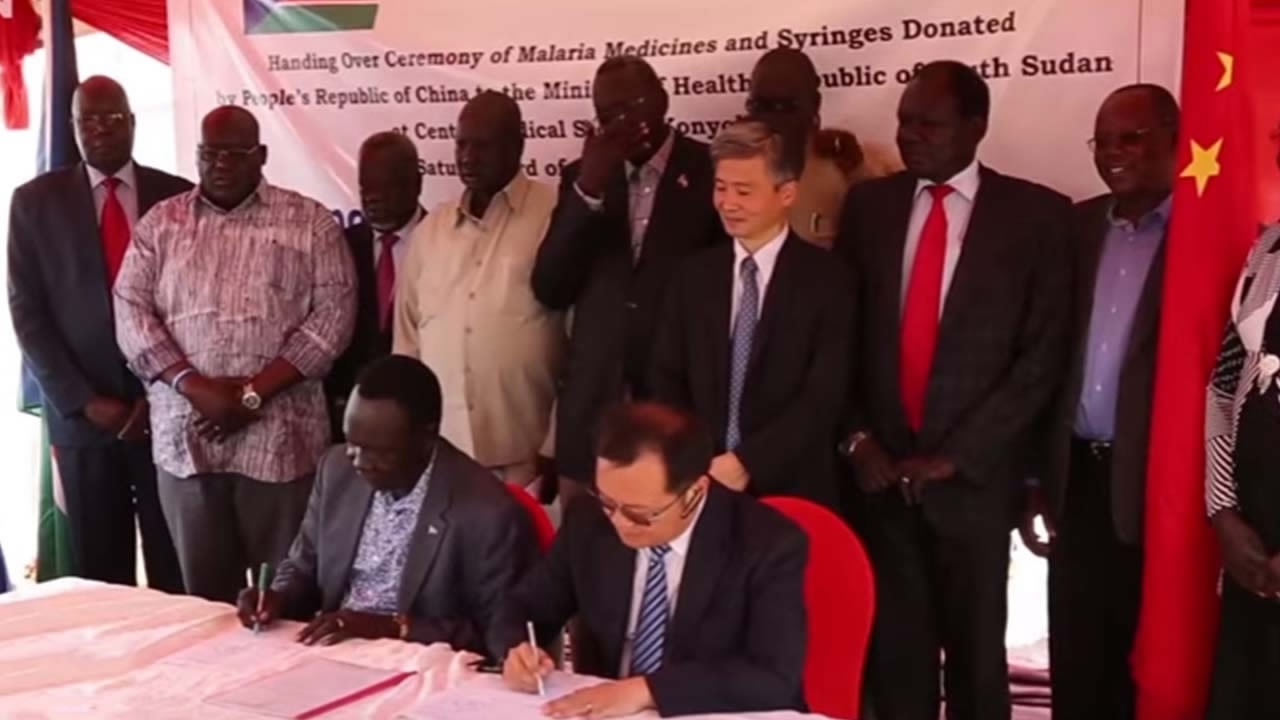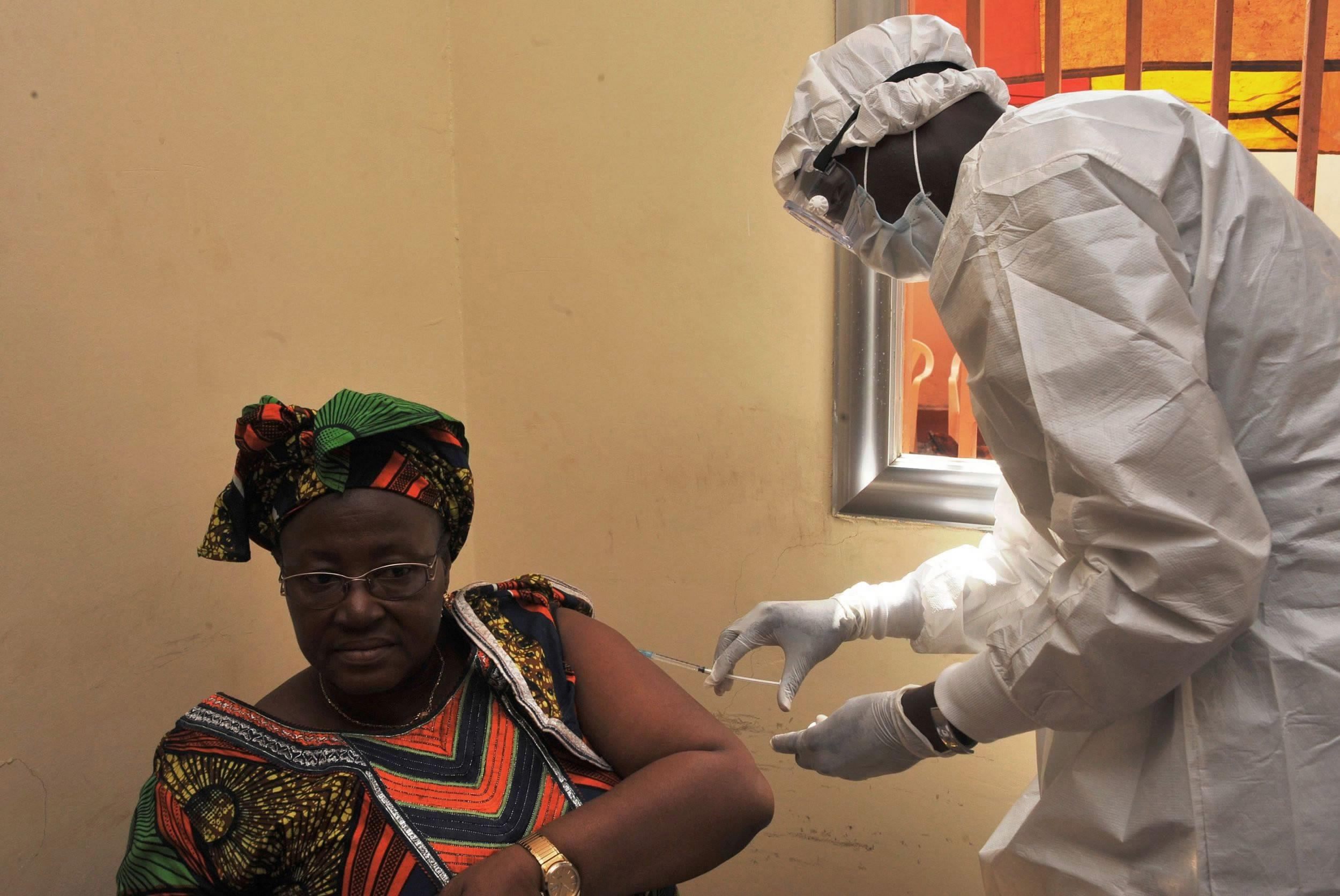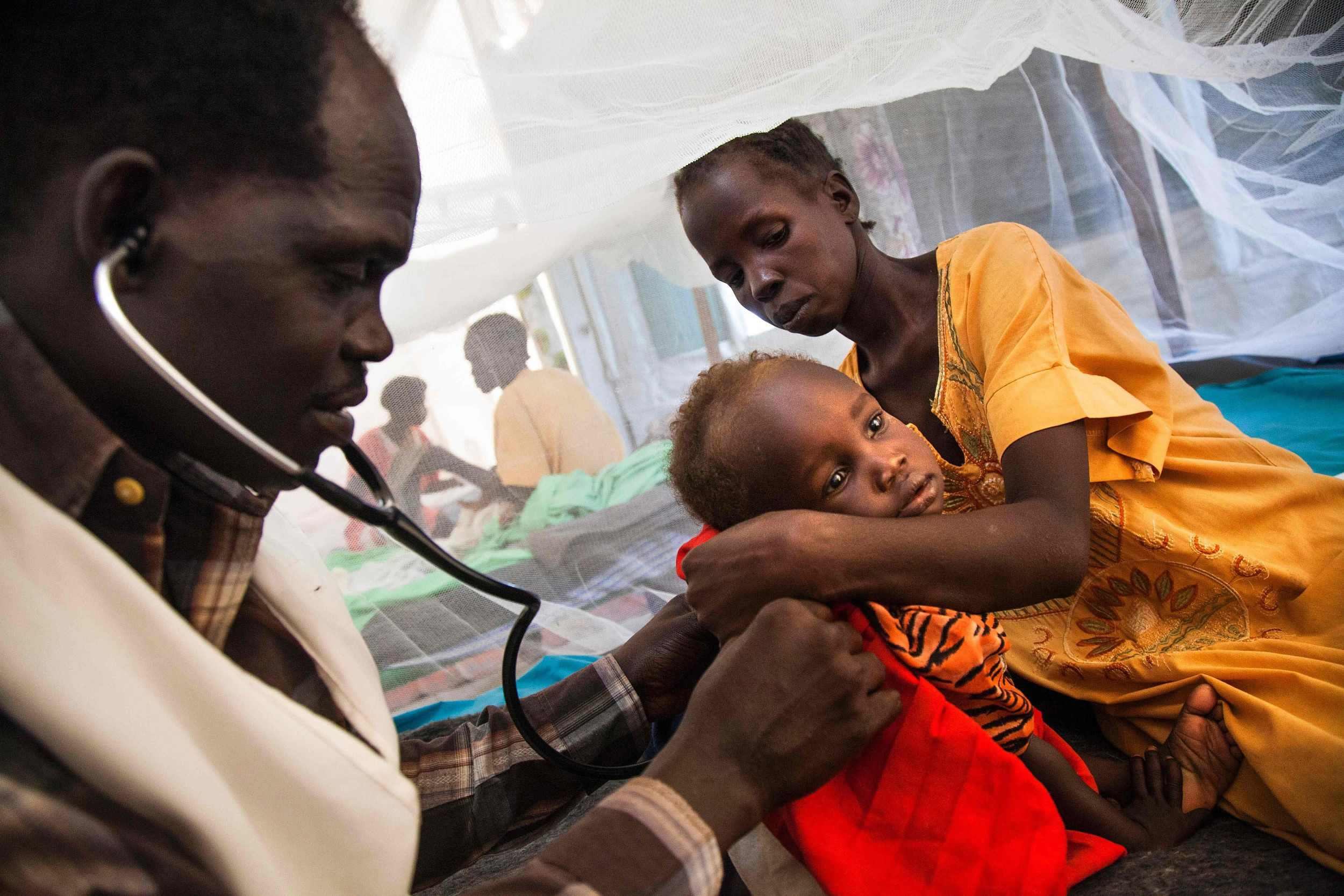
Opinions
09:25, 21-Aug-2017
Opinion: China’s growing health aid to Africa encouraged
By Joyce Chimbi from Global Times

China's engagement with Africa is no longer limited to economic cooperation. The eastern nation is increasingly diversifying its support and partnerships in the southern continent.
Not only is China supporting peace and security efforts in Africa, but there are now concerted efforts to fortify the health sector, which continues to face a myriad of challenges.
This breaking out of the traditional aid path is informed by the fact that development is influenced and sustained by many factors that must be addressed in equal measure.
Though Chinese support to Africa's health sector is nothing new, past support was not guided by a coherent approach or strategy, but this has significantly changed, particularly as economic cooperation continues to deepen.
Health diplomacy has generally remained a fairly new frontier, but China is exploring this field through the Forum on China-Africa Cooperation (FOCAC) that has been central in shaping relations between the two.
Through FOCAC, China has already established some notable platforms that Africa can leverage to achieve better health for its population. They include the African Human Resources Development Fund as well as the first China-Africa Forum on Traditional Medicine.

This file photo was taken on March 10, 2015, shows a woman getting vaccinated at a health center in Conakry during the first clinical trials of the VSV-EBOV vaccine against the Ebola virus. /VCG Photo
This file photo was taken on March 10, 2015, shows a woman getting vaccinated at a health center in Conakry during the first clinical trials of the VSV-EBOV vaccine against the Ebola virus. /VCG Photo
Access to quality health and disease control remains a major socio-development challenge for the African continent. This is reflected in its inability to record any significant health milestones during the Millennium Development Goals era that lapsed in 2015.
Within the new global development agenda under the Sustainable Development Goals, Africa is seeking to deepen its partnerships with China in a bid to address many of the challenges that make it difficult for its citizens to access quality health.
China is also breaking away from traditional health aid that Africa receives from the West and is choosing to follow its own path.
This path is guided by experiences and lessons learned since China was once facing similar health and development challenges to those that Africa now faces.
China plans to use its barefoot doctors model to improve access to healthcare in rural Africa, increasing the number of Chinese doctors in Africa and building capacity through the African Center for Disease Control.
This model will particularly be useful in rural Africa where a majority of the population live and health services are most needed.
Village doctors have significantly changed the health narrative in China and through similar concerted efforts, Africa will be well on its way to making giant strides in the health sector.
Providing rural communities with quality healthcare will also have a significant impact on development.
Most of the key development blueprints developed by various African countries consistently prioritize health, including the African Union's Agenda 2063, a strategic framework for the socio-economic transformation of the continent over the next five decades. Yet providing quality healthcare is a goal that remains far from being achieved.

The rainy season started and made the living conditions very difficult for the displaced people in South Sudan. / VCG Photo
The rainy season started and made the living conditions very difficult for the displaced people in South Sudan. / VCG Photo
Health experts who gathered in South Africa earlier this year, where China's Minister of National Health and Family Planning Commission Li Bin was also present, reiterated the need for Africa to borrow best lessons learned by China to ensure that the content reaches the crucial health milestones that it strives to make.
During this meeting, China further reiterated its commitment to work hand in hand with Africa to ensure that some of the priority drugs that the continent needs, particularly in the treatment of malaria and tuberculosis, were made more accessible.
In the face of criticism that China's health aid to Africa is primarily aimed at expanding its international influence, there is evidence that Africa could significantly benefit from a partner that has faced similar challenges and addressed them in a comprehensive and sustainable manner.
This year alone, there have been more concerted efforts to strengthen the African Centers for Disease Control and Prevention, as well as the other five regional collaborative centers whose aim is to achieve accessible and sustainable quality healthcare across the continent.
China is a reputable nation as far as human resources are concerned, and this is an area that Africa can significantly benefit from, particularly due to the fact that there is significant goodwill for the eastern nation to strengthen human resources for health programs.
Not only is China working toward improving the number of Chinese doctors working in Africa in a bid to address the human resource challenges facing the continent, but there are programs underway to address Africa's human capital challenges that continue to cripple the health sector.
(This piece was originally published in Global Times. Joyce Chimbi is a Kenya-based journalist. The article reflects the author's opinion, and not necessarily the views of CGTN.)
Source(s): Global Times

SITEMAP
Copyright © 2018 CGTN. Beijing ICP prepared NO.16065310-3
Copyright © 2018 CGTN. Beijing ICP prepared NO.16065310-3